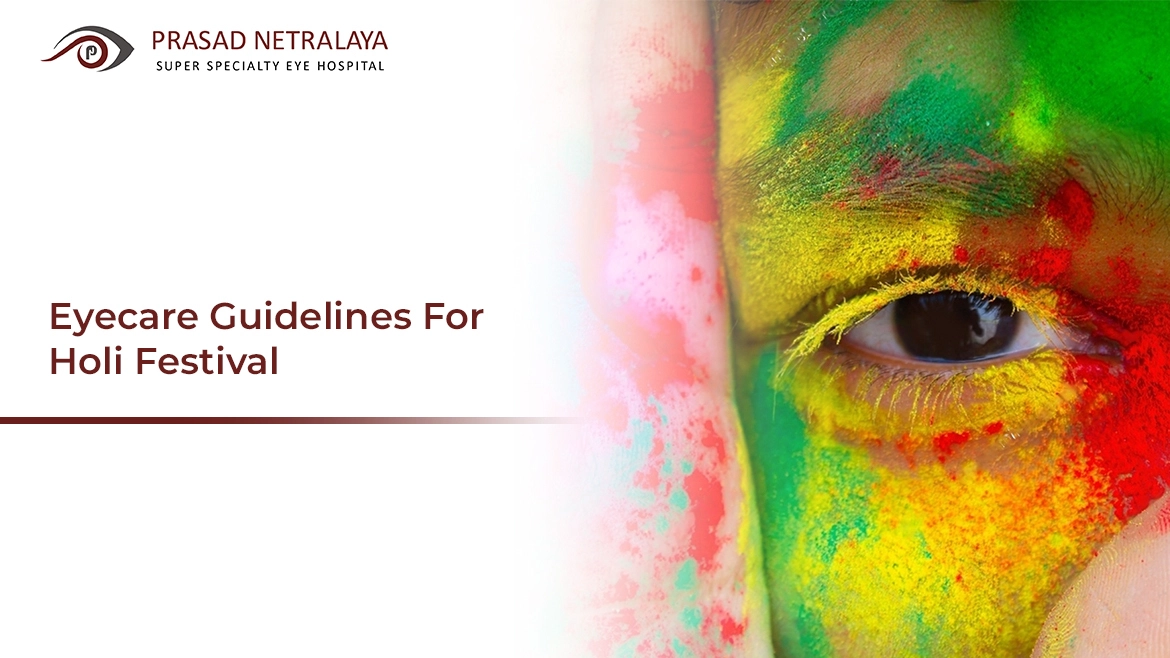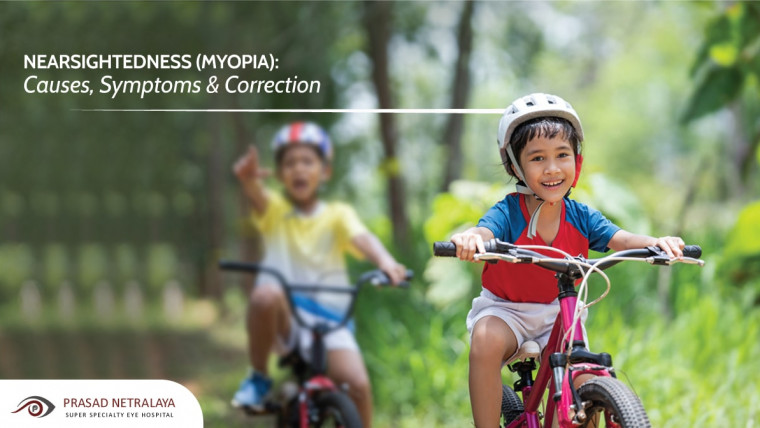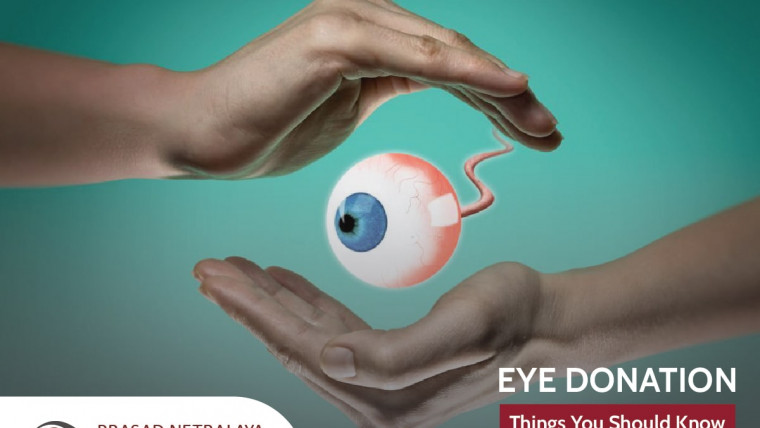The vibrant and fun-filled Holi festival is right around the corner, and you may be excited to join in the celebrations with friends and family. However, the bright colours and powders call for safety precautions, especially for your eyes.
Before you start planning for the eventful festivities, we’ve put together some safety guidelines so you have a safe and enjoyable Holi.
Table of Contents
Holi Festival Eyecare Guidelines
Our experts have put together five safety guidelines to help protect your eyes during this Holi festival.
1. Wear Protective Eyewear
Wearing sunglasses can help you protect your eyes while playing during the Holi festival. Protective eyewear like goggles or sunglasses can protect your eyes from the chemicals found in many Holi colour powders.
Find eyewear that fits properly and doesn’t obstruct your vision. You can even tie your hair back with a bandana or rubber band or even use a cap to prevent the colour from finding its way into your eyes.
2. Avoid Rubbing Your Eyes
There’s only so much you can do to avoid getting colour all over yourself while playing during the Holi festival, but if it does, don’t rub it in.
Rubbing your eyes can cause irritation and spread the colour further into your eyes, leading to severe eye problems such as conjunctivitis or corneal abrasion.
To remove any colour or chemicals that may have entered your eyes, make sure to immediately flush them out with water.
If your eyes still feel irritated, itchy, and swollen, or if you experience any vision problems, even after washing your eyes with water, visit an eye doctor.
3. Use Natural Colours
Natural is always the best option! To protect your eyes this Holi festival, use naturally sourced colours made from flowers and herbs. Commercially available Holi colour powders tend to contain chemicals that are extremely hazardous to the eyes and skin.
If these chemicals come into contact with your eyes, they can cause irritation, redness, and even more serious problems.
Before you buy colours for the Holi festival, read the ingredients because some natural colours may be mixed with harmful chemicals. Turmeric, marigolds, and hibiscus are just a few of the safe options on the market.
4. Avoid Wearing Contact Lenses
If you wear contact lenses, consider wearing glasses while participating in the Holi festival. When colour enters your eyes, it can cause significant eye damage, infection, and chemical injury due to the colour deposited in your contact lenses.
Additionally, your lenses could break or get seriously stained, and you will have to discard them. There’s also the chance you could even use your colour-stained hands to put in and remove your contact lenses which can cause infections to transmit directly into your eyes.
5. Carry Anti-Allergic Medicines
Carry anti-allergic medications with you in case of any allergic reactions that may take place while participating in the Holi festival. This allows you to avoid or treat any allergic reactions that may occur because of Holi colour powders.
Itching, redness, swelling of the eyes, skin rashes, and difficulty breathing are some of the most common symptoms of allergic reactions.
It is also crucial to consult with a doctor before taking any anti-allergic medications, especially if you have any pre-existing medical conditions or are taking other medications.
Also Read : Importance of Eye Health: Refuting Common Myths
Taking the Right Precaution This Holi Festival
Although the Holi festival is a time to celebrate with friends and family, it is important to follow the tips above to protect your eyes while still enjoying the festival. If you have any eye problems or discomfort during or after Holi, seek medical attention right away.
Prasad Netralaya, the best center for eye care, houses a team of highly experienced and qualified ophthalmologists who can provide you with the best treatment and care possible. To learn more, please visit our website.



